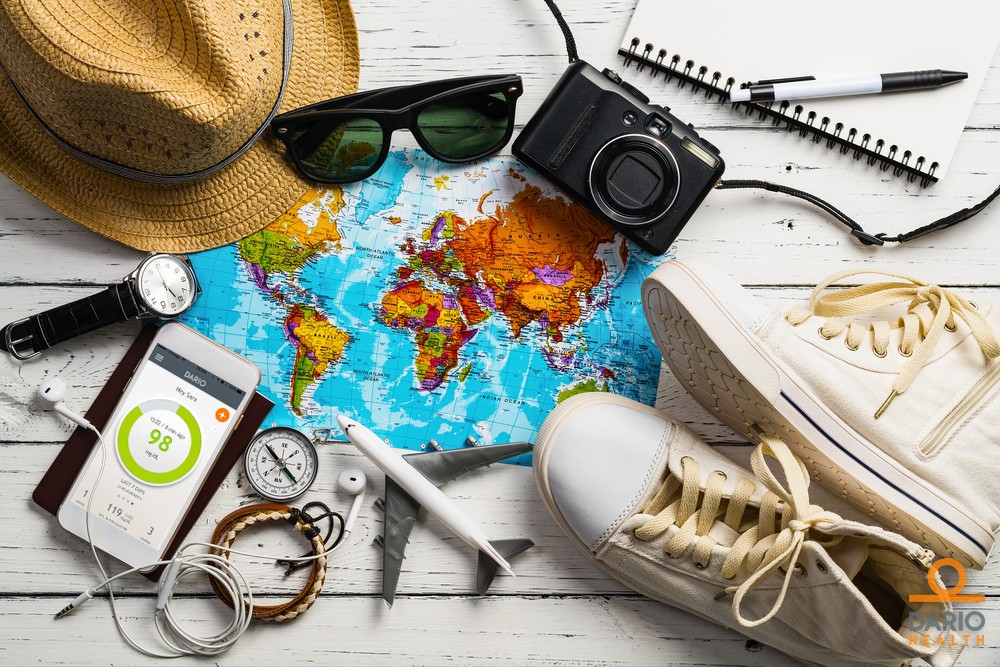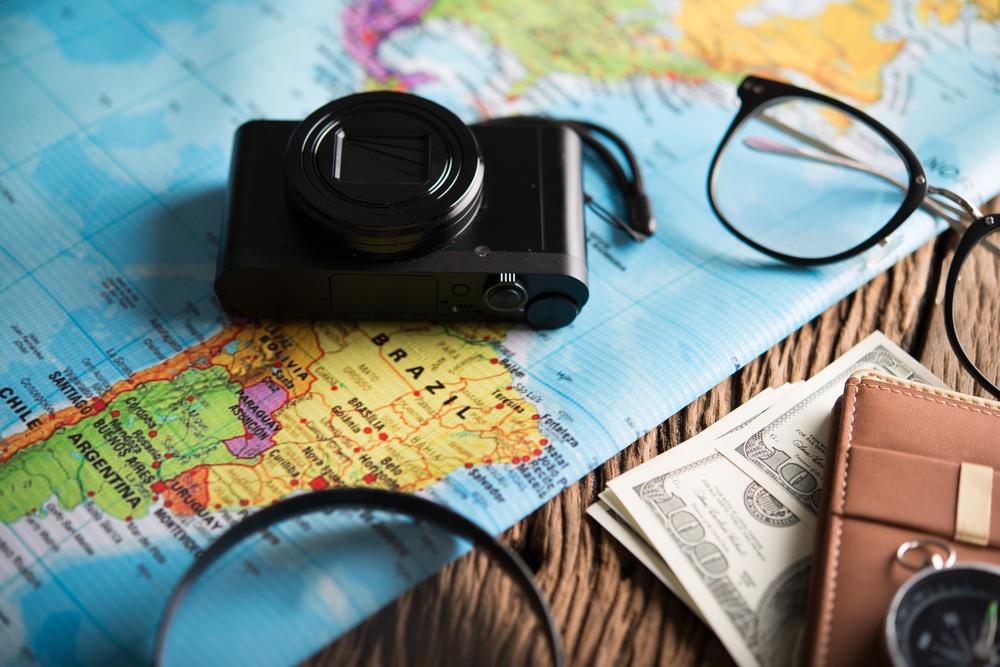Tips for Traveling with Diabetes
Traveling with diabetes can be difficult, but there are some important tips that can relieve the stress and make the whole process a lot easier.

By Susan B. Sloane, BS, RPh, CDE
Vacations are a great stress reliever, and even a short few days away can be helpful to calm the mind and recharge your batteries. It is well known that stress can increase blood sugars, so if you can get away for even a few days, go for it! When traveling with diabetes, here are some helpful tips to make your journey safe.
Nowadays, many of our vacations require a flight. While air travel is extremely convenient, there are some things to keep in mind when flying with diabetes.
- Make sure to have your medications/supplies clearly labeled; preferably with a pharmacy label and physician name visible.
- Never pack needed medication in checked luggage. Insulin is unstable with extreme temperature changes; as are other injectable medications. In the case of lost luggage, you will have no quick access to your medicine if you pack it in your checked baggage.
- Let airport screeners know you have diabetic supplies in your carry-on when going through security. If you have a pump, there should be no need to “”
- Most insulin pumps should be fine going through a security scanner. Check with your pump manufacturer to make sure.
- Always take extra supplies with you when traveling in the event of travel delays. I suggest taking an extra week’s worth of medication when traveling, just to be safe.
- If you are using an insulin pump, it may be affected by sudden changes in air pressure, especially during take-off. This can sometimes cause inaccurate doses of insulin to be delivered. Some pump manufacturers may suggest disconnecting a pump during take-off. Check with your own health care provider and refer to your pump’s specific instructions for use for more explicit instructions.
- Use a carry-on cooler or cold pack to keep insulin and refrigerated items from getting too warm.

Besides safety on a plane, there are some other tips to keep in mind, even for short, weekend trips away from home.
- If you are traveling within the US; bring extra prescriptions if possible in the event you lose or misplace your medication.
- Make sure to ask your hotel if there will be a refrigerator available in your room to safely store your medication.
- Inform your pharmacist at home that you will be away and check with them if they can mail you medications in an emergency scenario.
- Make sure to bring an adequate supply of snacks and/or glucose tablets.
- Always wear medical ID.
- Pack at least one extra glucose meter with you.
Traveling is a wonderful way to relax and spend quality time with your family and friends. Being prepared is the best way to avoid any unnecessary stress. Also, you should understand that when you travel, you may not always have access to the healthiest foods. Don’t beat yourself up over an occasional blood sugar reading that seems out of range!
So, pack your bags and enjoy yourself!! Don’t forget your Dario meter, and don’t forget to send us pictures!
About Susan Sloane
Susan B. Sloane, BS, RPh, CDE, has been a registered pharmacist for more than 29 years and a Certified Diabetes Educator for most of her career. Her two sons were diagnosed with diabetes, and since then, she has been dedicated to promoting wellness and optimal outcomes as a patient advocate, information expert, educator, and corporate partner.
Susan has published numerous articles on the topic of diabetes for patients and health care professionals. She has committed her career goals to helping patients with diabetes stay well through education.
<b>Medical Disclaimer</b>
The articles provided on this website are for informational purposes only. In addition, it is written for a generic audience and not a specific case; therefore, this information should not be used for diagnostic or medical treatment. This site does not attempt to replace the patient-physician relationship and fully recommends the reader to seek out the best care from his/her physician and/or diabetes educator.
DAR -0098 RevA 06/2019